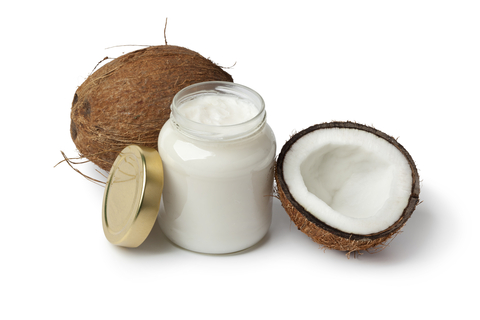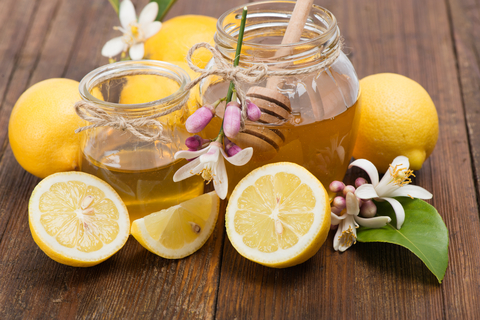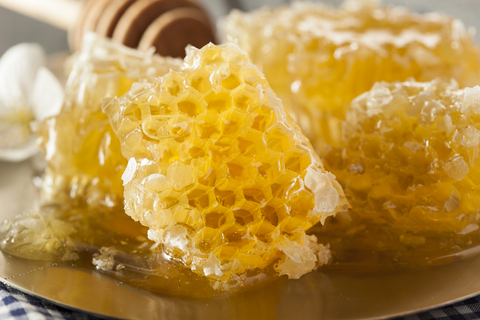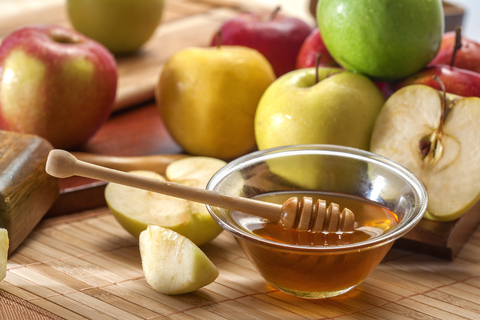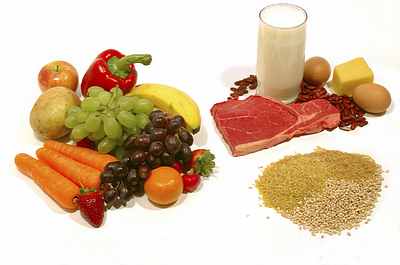
It’s important to know your personal weight loss facts to ensure success! The recommended nutritional guidelines are incredibly important and need to be followed for optimal health.
It’s important to know your personal weight loss facts to ensure success! The recommended nutritional guidelines are incredibly important and need to be followed for optimal health.
Do you know how much fiber you should have daily? Are you getting too much sodium in your diet? Is calcium really important as we age?
The numbers provided below are simply guidelines to help when making choices. Of course, lifestyle, age, and other factors should be taken into consideration when determining an individual’s actual needs.
Notice that guidelines are provided for both men and women, as their nutritional needs are different.
Women:
Daily Nutritional Guidelines
| Recommendations | Women under 50 | Women over 50 |
|---|---|---|
| Calories | 2,000 | 2,000 or less |
| Protein | 50g | 50g or less |
| Fat | 65g or less | 65g or less |
| Carbs | 304g | 304g |
| Fiber | 25g-35g | 25g-35g |
| Cholesterol | 300mg or less | 300mg or less |
| Iron | 18mg | 8mg |
| Sodium | 2,300mg or less | 1,500mg or less |
| Calcium | 1,000mg | 1,200mg |
Men:
Daily Nutritional Guidelines
| Recommendations | Men over 24 |
|---|---|
| Calories | 2,700 |
| Protein | 63g |
| Fat | 88g or less |
| Carbs | 410g |
| Fiber | 25g-35g |
| Cholesterol | 300mg or less |
| Iron | 8mg |
| Sodium | 2,300mg or less |
| Calcium | 1,000mg |
A note about sodium:
We can hardly pick up a magazine or newspaper today without reading about the evils of salt. While we all need sodium in our diets, only serious athletes who perform high-volume, high-intensity activities in heavy heat and humidity need to load up on salt. The rest of us need to be very careful about the amount we consume! Understanding this issue is an important weight loss fact.
Salt is necessary for our bodies to function properly. It helps us maintain the right balance of fluids; it helps transmit nerve impulses; and it influences the contraction and relaxation of muscles. Unfortunately, most of us eat way more salt than is necessary, increasing our risk of high blood pressure, heart disease, and stroke.
Some foods contain sodium in their natural state. These include vegetables, dairy products, meat and shellfish. However, 75% of the sodium we consume comes from processed and prepared foods.
Processed foods include bread, pizza, cold cuts, bacon, cheese, soups, prepared or pre-packaged dinners, and especially fast foods.
The most significant change we can make in our diets in order to improve overall wellness is to drastically reduce the consumption of processed foods. Eating foods in their natural state is the healthiest diet of all!
Knowledge is power! Knowing specific weight loss facts as they pertain to you can only help you reach all your wellness goals. Start by checking out your waist size!
